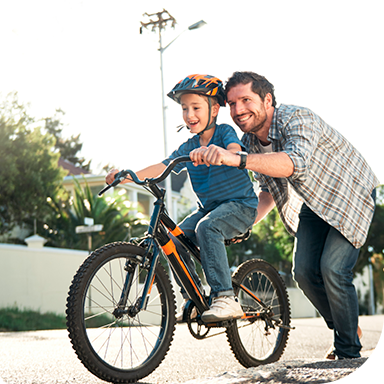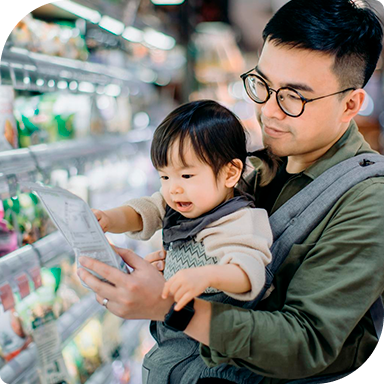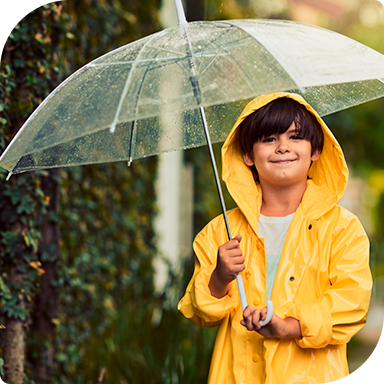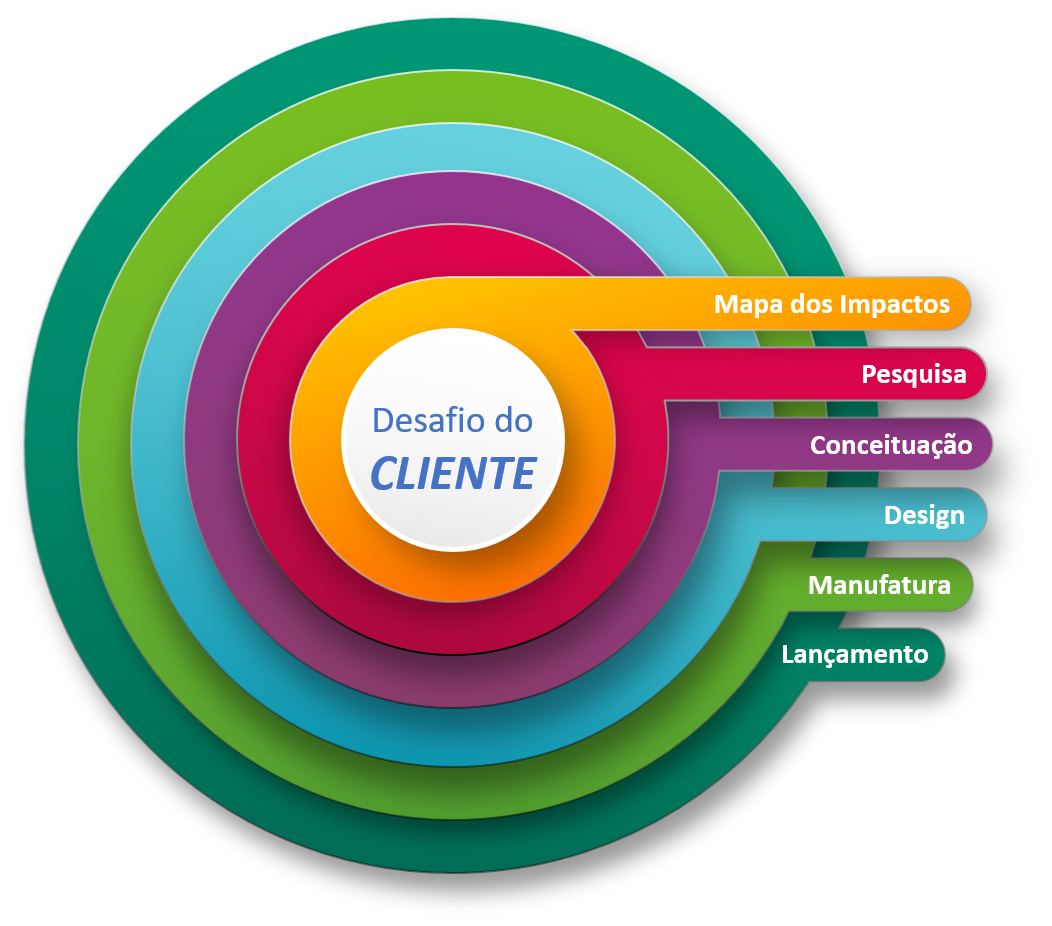Students apply Sustainable Design to plastic packaging
In the challenge, which lasted from November 23 to 25, the team from Universidade São Judas was selected by a panel of specialists for developing the best concept in Design for Environment for the prototype they designed for toilet paper packaging.

Created decades ago and making a major contribution to the social development of people around the world, plastic's importance ranges from health care and food to transportation and construction. However, today we must rethink its use throughout the entire chain to ensure greater balance in the use of natural resources and the generation of solid waste and in slowing climate change. With that in mind, in November, Braskem held the 7th Edition of its Design Challenge , in an all-new hackathon format in which college students developed plastic packaging using the Design for Environment approach.
Understanding the importance of a new concept for plastic packaging, especially those used by consumers and that may be difficult to recycle, design students from the universities Belas Artes, Instituto Mauá, Mackenzie and São Judas completely rethought the format for personal care products in the two hackathons held this month .
In the challenge, which lasted from November 23 to 25, the team from Universidade São Judas was selected by a panel of specialists formed by Karen Cesar, CEO and founder of Red Bandana ; Gisela Schulzinger, Chief Branding Officer and Head of Innovation at Pande , president of the Brazilian Packaging Association (ABRE) and a professor at ESPM; Fabiana Quiroga, Braskem's Circular Economy Director for South America, and Patricia Menezes, Marketing Director at Kimberly-Clark for Family Care in Brazil, for developing the best concept in Design for Environment for the prototype they designed for toilet paper packaging.
Bruno Chiovatto, a student in the eighth semester of the Design program who was on the winning team talked about the innovative experience. "We have learned a lot in school about sustainability, ecoefficiency and the circular economy, and to be able to apply that knowledge in this way was fantastic," he said.
In the hackathon, students had over 30 hours to understand the needs of the partner companies, conduct surveys on consumer behavior and market trends, develop the projects and prototype them. For the prototyping phases, the students used printers and feedstock supplied by the company 3D Criar, one of Braskem's partners this year.
During the Design Challenge, participants also received support from Braskem and EnCiclo , a company specializing in Life Cycle Assessment (LCA) , to base their projects on the methodology, which measures potential environmental impacts caused by the production and use of a certain product or service. LCAs consider all phases of the production process, from the extraction of raw materials to the product's disposal by the consumer, as well as factors such as global warming and the use of natural resources, with data quantified in accordance with the standard ISO 14044.
Yuri Tomina, Braskem's manager of Marketing and Market Development of Consumer Goods Packaging and Goods, explained that Design for Environment is a trend that is changing how society adopts linear production processes and consumption, paving the way for expanding the circular economy. "We are developing students to reflect on this type of approach so that they can apply it in their careers, designing packaging or products for the Circular Economy . The hackathon offers this connection and a rapid response to propose innovative solutions," said Tomina.
"Seeking innovative solutions that increase sustainability and developing talent are the focal points of our company," explained Patricia Menezes, marketing director of Kimberly-Clark for Family Care in Brazil. "The students presented solutions connected to the environment and aligned with what consumers want," she concluded.
The Design Challenge was created by Braskem in 2013 as part of its Global Design Platform, which is a strategy for driving, inspiring and aligning the company's projects with initiatives that present design as a tool for actions focusing on sustainability and the plastics chain. Since then, the project has supported the development of more than 130 students in partnership with large companies such as Esmaltec , Tramontina and Freso, and has been introducing plastics to future design, architecture and engineering professionals as a versatile, adaptable and sustainable material.
About Kimberly-Clark Brazil
Kimberly-Clark, a U.S. based multinational personal care products companies, and its brands are an indispensable part of people's lives in more than 175 countries. Fueled by ingenuity, creativity and an understanding of people's most essential needs, we create products that help make people's lives better. Founded in 1872 and operating in Brazil for 23 years, our brand portfolio includes: Huggies®, Kleenex®, Scott®, Intimus®, Neve®, Plenitud® and WypAll® and hold the No. 1 or No. 2 brand share in 80 countries. Kimberly-Clark's sustainable practices support a healthy planet and build stronger communities to ensure our business thrives for decades to come. To discover the latest and learn more about Kimberly-Clark's 147 years of innovation, visit kimberly-clark.com.br and follow the company on Facebook and LinkedIn.
For more information related to press, please contact:
Fato Relevante
imprensa.braskem@agenciafr.com.br
Related News

Se você é um profissional da imprensa, a Braskem tem um canal feito só pra você.
Acesse aquiPress Releases
More news
Partnership between Braskem and ComBio drives competitiveness and decarbonization with electrification project in Paulínia

Braskem posts recurring EBITDA of R$818 million in 3Q25, up 91% compared to 2Q25

Braskem Collects Over 6 Tons of Waste During Global WeCare 2025 Actions

Braskem's Vesta Project Selected for the SB COP Awards and Will Be Presented at COP30
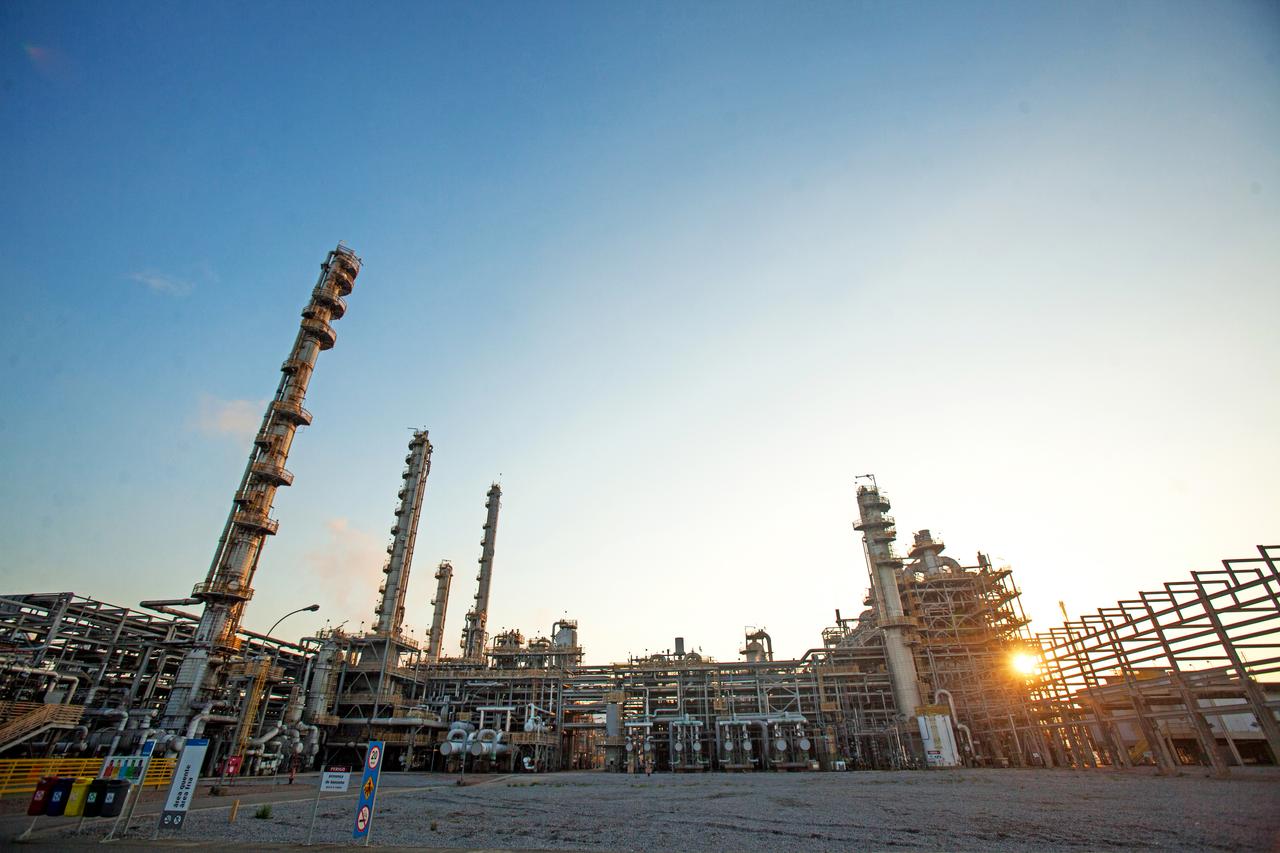
Braskem Approves Investment to Expand Ethylene and Polyethylene Production at Rio de Janeiro Facility

Braskem at COP30: Industry as Part of the Solution
Customers
Become a Braskem customer
Braskem is one of the largest suppliers of chemical and petrochemical products in the world, recognized for its focus on sustainable development, innovation and quality.
We believe in lasting partnerships, we have a broad portfolio of products and we work together with our customers to create new practical and sustainable solutions in all markets.
Talk to our sales team


 Braskem Global
Braskem Global
 Braskem Idesa
Braskem Idesa
 Braskem USA
Braskem USA
 Braskem Europe
Braskem Europe
